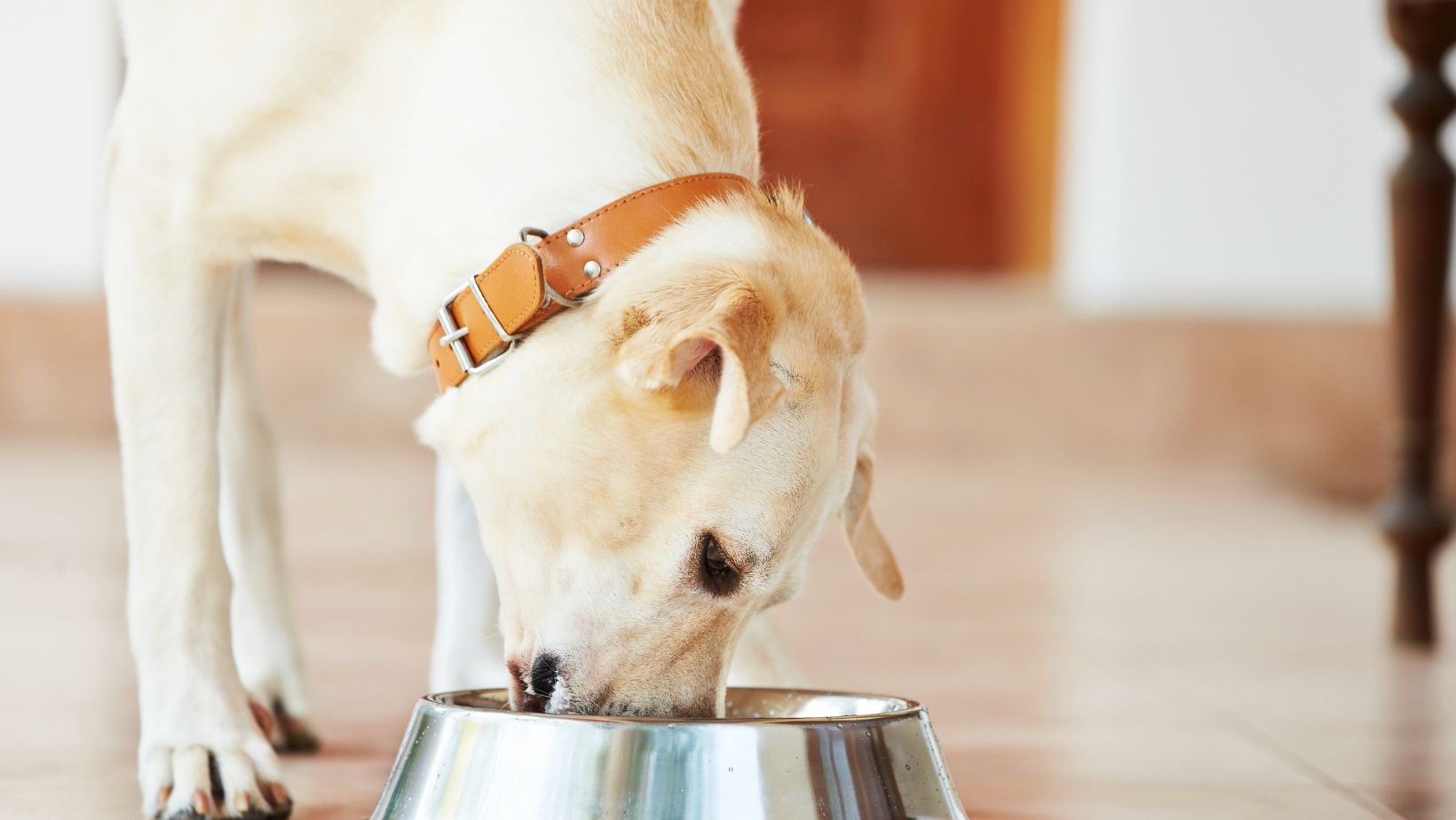How to Get your Dog to Stop Licking You
Are you tired of your Labrador constantly showering you with slobbery kisses? While it may seem cute and affectionate, excessive licking can become a nuisance. In this article, I’ll share some effective strategies on how to get your dog to stop licking you. Additionally, we’ll explore the consequences of Labradors licking and why it’s important to address this behavior.
Licking is a natural behavior for dogs, as it serves various purposes such as communication and grooming. However, when licking becomes excessive or directed towards humans, it can be problematic. One way to discourage your Labrador from excessive licking is by redirecting their attention. Provide them with appropriate chew toys or interactive puzzles that keep their mouth occupied and divert their focus away from incessant licking.
- Communication: One of the primary reasons Labradors lick is as a means of communication. Licking can convey various messages, such as showing affection, seeking attention, or expressing submission. It’s their way of saying “I love you” or “I want to be close to you.” By addressing their need for interaction through alternative methods, we can help them develop healthier ways to express themselves.
- Exploration and Sensory Stimulation: Labradors are curious creatures by nature, and licking serves as a way for them to explore their surroundings. Their tongues are equipped with an impressive number of taste buds, allowing them to gather information about different objects and people they encounter. However, excessive licking can lead to unwanted consequences like slobbery clothes or irritated skin.
- Anxiety and Stress Relief: Just like humans, dogs may resort to repetitive behaviors like licking when they feel anxious or stressed. This self-soothing mechanism helps them cope with emotions that may be overwhelming for them. If you notice your Labrador excessively licking themselves or others in stressful situations, it could be a sign that they need extra support in managing their anxiety.
- Health Concerns: While occasional licking is generally harmless, excessive or compulsive licking can indicate underlying health issues that require attention from a veterinarian. Skin allergies, infections, gastrointestinal problems, pain, or discomfort might manifest through increased licking behavior in Labradors.
Addressing your Labrador’s licking habit is essential not only for maintaining personal hygiene but also for fostering a healthy relationship between you and your furry friend. Here are some steps you can take:
- Provide plenty of physical and mental stimulation through exercise, interactive toys, and training sessions.
- Redirect their attention to appropriate behaviors by offering chew toys or engaging in playtime activities.
- Create a calm and stress-free environment for your Labrador, ensuring they have a safe space where they can retreat when feeling overwhelmed.
- Consult with a professional trainer or animal behaviorist who can provide guidance tailored to your Labrador’s specific needs.

Understanding the Consequences of Excessive Licking
When it comes to our furry friends, dogs are notorious for their enthusiastic displays of affection. However, excessive licking can become a bothersome behavior that not only affects us but also has consequences for our beloved Labradors. In this section, we’ll delve into the repercussions of this common canine habit and shed light on why it’s important to address it.
- Skin Irritation and Infections: While an occasional lick may seem harmless, persistent licking can lead to skin irritation and even infections. The constant moisture from your dog’s saliva can disrupt the natural balance of bacteria on their skin, making them more susceptible to issues like hot spots or dermatitis. These conditions can cause discomfort for your pup and may require veterinary treatment.
- Allergic Reactions: Some people might experience allergic reactions to their dog’s saliva due to proteins present in it. Excessive licking increases the chances of these proteins coming into contact with human skin, potentially triggering symptoms such as itching, redness, or hives. It’s essential to be mindful of any allergic reactions you may have and take steps to minimise excessive licking if necessary.
- Reinforcing Unwanted Behavior: Dogs are intelligent creatures who learn through positive reinforcement. If we inadvertently reward our dogs’ excessive licking by giving them attention or affection when they engage in this behavior, we unintentionally reinforce it as acceptable conduct. This can make breaking the habit more challenging in the long run.
- Social Discomfort: While some people don’t mind being showered with slobbery kisses from their furry companions, others may find it uncomfortable or unsanitary. Excessive licking can become a social issue if your dog tends to target guests or strangers who aren’t accustomed to such displays of affection.
- Potential Dental Problems: Constantly exposing their teeth and gums through extensive licking can contribute to dental problems in Labradors over time. The abrasive action of the tongue against their teeth may lead to enamel erosion, gum irritation, or even tooth damage. Maintaining good dental hygiene and discouraging excessive licking can help prevent these complications.